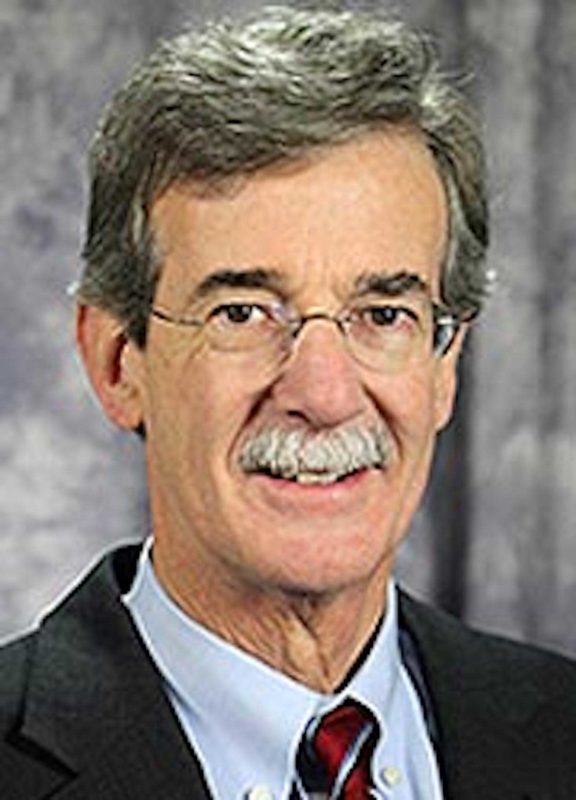Maryland AG joins call to renew family reunification for WWII Filipino vets, Haitians
BALTIMORE, Maryland – Maryland Attorney General Brian E. Frosh joined a coalition of 20 attorneys general urging the U.S. Department of Homeland Security (DHS) and U.S Citizenship and Immigration Services (USCIS) to withdraw the decision to terminate the Filipino World War II Veteran Parole Program (FWVP) and the Haitian Family Reunification Parole Program (HFRP).
The HFRP provides a pathway for Haitians with approved family-based immigrant visa applications to join family members in the United States prior to receiving their visas.

Maryland Attorney General Brian E. Frosh. MSA
USCIS later implemented the FWVP Program to similarly provide a pathway for reunifying Filipino World War II veterans in the United States with family members.
The coalition asserts that these programs have brought relief to immigrants seeking to rejoin their families and escape increasingly dire conditions at home.
Two years following the successful implementation of the HFRP, the FWVP was created to assist aging Filipino World War II veterans living in the United States by allowing their family members to join them in the United States to offer care and support.
The HFRP was established in December 2014 and gave eligible Haitians the opportunity to safely and legally immigrate to the United States more quickly while Haiti continued to face devastation and destruction that followed a catastrophic 2010 earthquake. The goal of the program continues to be promoting lawful, orderly migration and supporting Haiti’s long-term reconstruction and continued development
“The previous administration’s termination of family reunification programs was inhumane and illegal,” said Attorney General Frosh. “Reunification programs strengthen families and communities. It is time for the anti-family policy to end.” In today’s comments, the coalition argues that these programs should remain in place because:
• The decision to terminate the programs has no basis in law and violates the Administrative Procedure Act. The coalition argues that the notice announcing the elimination of these programs relies upon an executive order and policy memorandum from the previous administration that are no longer in effect.
Further, these documents provided no justification for ending the programs by their own terms, and the stated rationale for ending the programs ignores the basis for their promulgation in the first place. The coalition also argues that the justifications for initiating these programs are just as compelling today as they were when first created, especially given current conditions in Haiti.
• Termination of family reunification programs harms the states. The United States is home to the largest Haitian and Filipino migrant populations in the world. Denying Haitian and Filipino migrants a pathway for rapid reunification with their families would undermine the progress of these communities and the important social and economic contributions immigrants make to the states in which they reside.
Moreover, the unnecessary separation of families can result in negative health outcomes and can be particularly traumatizing to children. The states, their residents, and their health care programs would be forced to bear the burden of the effect of this separation.
Joining Attorney General Frosh in the comment are the attorneys general of California, Colorado, Connecticut, the District of Columbia, Hawaii, Illinois, Iowa, Maine, Massachusetts, Michigan, Minnesota, Nevada, New Jersey, New Mexico, New York, Oregon, Pennsylvania, Rhode Island, and Vermont.

